When the Star team arrived at Makueni Senator Mutula Kilonzo Jr's office at Kilonzo and Co Advocates, he was reading Mohammed bin Al Maktoum's My Vision: Challenges in the Race for Excellence.
The reading is part of his preparations to become the next Makueni governor, succeeding Kivutha Kibwana, who has a good record.
"From my travels, I wanted to know how you turn a desert into what this gentleman has done. Compare the UAE desert with Kenya where it rains all through or Makueni where there is a permanent river. I want to make a difference," he said in an interview on Tuesday.
In a wide-ranging conversation, he tells the Star's Eliud Kibii about his father's controversial death, his own dramatic entry into politics, his political career, Oka and Ukambani politics and the alleged conspiracy to default on Kalonzo's deal with Raila.
You lost your father, Senator Mutula Kilonzo, in controversial circumstances. Have you individually and as a family found closure?
The only closure the family has is that somebody sneaked into his room and eliminated him, administering in a manner we cannot tell, eight to 10 ephedrine tablets into his system.
We know our father was poisoned. How it was done? Who did it? How it was conspired. I have never been able to piece them together.
Suffice it to say, it was a conspiracy to eliminate him.
For what motive?
Up to now, my father has no debt, no one has sued. He had no squabbles with anybody. Nobody wanted his land, his cars or anything. He was not aspiring to be more than an advocate and maybe the senator of Makueni.
The motive can only have been political or possibly, during his time in public service and maybe private, he had come across very sensitive information. So eliminating him was a way of silencing him.
Your younger sister, Kethi, was proposed as his replacement, but you were on the ballot instead. Would you revisit that drama?
A week after my father passed on, the political players — both Jubilee and Cord — started looking for all of us. When they decided on Kethi, because according to them I couldn't win, I said it was not about me winning because I was not interested. I was grieving so much.
Kethi quipped the only person who knew politics was me. But Kethi was bold to agree to contest, knowing she hadn’t participated in polls in any form or shape. She really put herself in the crosshairs.
When she was barred from contesting, I was seated here preparing for an election petition in Mombasa. The minute the ruling was made against her and they requested another candidate, I told the gentleman I was with my phone would start ringing in five minutes.
In 15 minutes, my parking lot and boardroom were full of people talking to me about contesting. I knew they were stuck but that conversation lasted four hours. My father’s friends had told me not to contest, perhaps thinking the way I was: That your father died maybe because of political shenanigans and you might be next. Why join?
But the minute the ruling was issued, the DCI were here to arrest my sister. Although my personal feelings were against joining politics, if I didn’t, then I’d put my sister in jeopardy. The motivation was that I would be in the headlines the following day, and not my sister in handcuffs.
As soon as I joined politics, the matter was withdrawn.
How did this affect her?
It really did. She had built her reputation over time and it is the only currency for an advocate. The barrage I saw against Kethi is unforgivable. The same people who built her up, including the media, brought her down with tonnes and tonnes of accusations, half of them false.
Your brand of politics appears different. With your friend, Senator Johnson Sakaja, you have emerged as the voice of reason. What informs this?
When I agreed to join politics, I told them, including my then party chairman David Musila, that I would do it my way, not your way. When we went to the Serena Hotel, I said I have joined the leadership circles of Kenya and not politics. I had decided that I had to join and make a difference.
Joining politics was a huge personal sacrifice as a professional and a family man. It was not going to be business as usual. I don’t believe in extreme politics.
Does your friendship with Sakaja go beyond the chambers and politics?
Yes and it has borne fruit. Remember the County Revenue Sharing Formula that got many senators into trouble? — Malala, Langat, Lelegwe and Sakaja were arrested.
We managed to find a good formula that would help the country. Sakaja and I share so much, including growing up n the same church (AIC Ngong Road) at different times.
What drives you to seek the governorship?
My nine-year-long stint as senator and working with the community have exposed me to various problems.
I have seen devolution creating hope and our work creating a difference. I have travelled globally and seen if we put our mind to it, we can bring change easily.
I am going to make a difference, offer my experience and expertise, my time and my youth — when I am at my peak and I have the energy. I am not going there when I am old. [He is aged 47]
If we can advance devolution from where Governor Kibwana has left it, I believe that foundation can help Makueni and this country.
Borrowing from Germany, France, Switzerland and others, the theater of development is not at the national level but at the counties. That’s why I differed with the President and the former PM on denying 18 counties money in the revenue sharing formula.
I also support a strong Council of Governors across the political divide, to get more resources and ensure development.
We in Wiper and the One Kenya Alliance think we have to offer an alternative. Through the 2007 experience, I think the two [Raila and Ruto] offer two extremes, which is very dangerous.
The presidential election looks like a two-horse race. Where does that leave Kalonzo?
This two-horse race is a creation of the media and to some extent the 'deep state'. That narrative is very wrong.
Some people say they don’t want William Ruto, he is a thief, corrupt and the alternative is Raila.
We in Wiper and the One Kenya Alliance think we have to offer an alternative. Through the 2007 experience, I think the two [Raila and Ruto] offer two extremes, which is very dangerous.
I wonder if either of their supporters will accept a loss.
We must love this country more than the person who will become president.
What are your other pre-election concerns?
The narrative that one is loved by the state and the other isn’t is equally dangerous.
The 2007 violence started when Martha Karua attempted to drive the election agenda. She first brought extra commissioners into the commission. You twist the minds of Kenyans when you want to dictate a result.
As Justice minister, she appoints Kihara Mutu and 18 others to the commission. Did people accept the results eventually? No, because it looked cooked. If it appears that one candidate has lost because the other is backed by the state, you have many disgruntled Kenyans.
Third, state operatives, including Cabinet secretaries, are making a very big mistake. They are supposed to remain neutral because of perceptions.
Fourth, is the National Multi-Agency Consultative Forum on Election Preparedness headed by the Chief Justice. You cannot as Chief Justice, who will preside over a presidential petition, sit in a committee that appears to be dictating what the IEBC is doing.
We as Oka are supposed to offer an alternative so that we are not dealing with extreme situations.
Raila and Ruto supporters have gone to very bad extremes and you saw what happened in the National Assembly. That is just a glimpse of what might happen, if we have a contentious election.
The only reason I support the Political Parties Bill is that it offers an opportunity for reprieve. For a person to cobble together a government quickly. I will propose that we have an amendment for a post-election coalition that will stop violence.
Even with offering an alternative, is the Wiper-ANC infighting really helping?
It is not a fight. Making of a coalition is not kindergarten stuff. It is a huge process. While Cord and Nasa coalitions were cobbled up without necessarily the noise, it wasn't easy. Same case with Jubilee.
The only difference in Oka is that every principal is treated the same. Part of the problem in Oka, I think, is some people want to push Musalia Mudavadi to UDA and Kalonzo to Azimio. That’s it.
What are the chances that will happen?
It is coalition-building. That’s why I support the Political Parties Bill. Either way, you don’t know who is going to look for whom. When you look at the National Accord of 2008 and the Handshake of 2018, it is all framed in the Political Parties Bill. We are now only formalising instead of people just shaking hands outside Harambee House.
Does the Ukambani governors’ camp that is leaning towards Azimio erode Kalonzo’s bargaining leverage in Oka?
The person who came up with that narrative is most likely a desktop politician doing desktop analysis.
The impression is created that Kalonzo does not have control of Makueni because Kibwana is there, he doesn’t have Machakos because Mutua is there and Kitui because Charity Ngilu is there. The reality is none of them will get anything.
If Kibwana was going for a second term, he’d not do what he is doing. Same case with Mutua. Ngilu has taken her risks.
Ukambani has possibly the most democratic people because you’d not do that in Nyanza or the Rift Valley.
And Kalonzo is so accommodative. In the middle of all this, he still picks his phone and speaks with them.
But if the intention of getting the three governors was to pull Kalonzo to Azimio, it was wrongly crafted. Having governors as pillars in Ukambani is the wrong narrative. In that regard, therefore, Azimio will be rejected in Ukambani. UDA will do better.
My party leader doesn’t speak about it but it bothers my soul and conscience that in 2017, Raila, Kalonzo, Prof Makau Mutua and Kivutha Kibwana sat in a room — we were not aware, they never told us. They entered into an agreement that was deposited in New York with Prof Mutua.
Kibwana and Mutua are witnesses to a MoU where Raila is supposed to support Kalonzo irrespective of the 2017 outcome.
I think this group is cobbled together to create default in that agreement. Because if the person who Kalonzo trusted to sit with him in a meeting cannot be a witness in that agreement, how enforceable in whatever form is that document?
So Kibwana’s frontline in Azimio can only be, in my view, the conspiracy to have that document never see the light of day, never be discussed.
Once again, Jimi Wanjigi was in Yatta throwing a spanner in the works, telling Kalonzo, “You know what we had agreed, you know why we signed that document, tell your people you signed that agreement, bring it here." Kalonzo refused. Again, a gentleman’s mien.
Could it be the reason Wanjigi is having problems?
Maybe. After the disclosures he made, perhaps that’s the reason. In that meeting, he denies Raila, saying this guy used to be my friend. What I have seen on TV is not Raila. But I hope in reality, Wanjigi is not being harassed for challenging Raila. I hope it is a genuine investigation. But in Kenya you never know. Everything has a political touch.
Might Johnson Muthama return to Wiper and support Kalonzo as Musila has done?
Musila, Muthama and Musyoka are not enemies. They are age mates, they blend. It is much easier for them to agree than disagree. If Kalonzo and Muthama’s interests aligned, Muthama would sell Kalonzo more than anyone in Wiper. They are not enemies, their interests are not aligning.
Will Jimi Wanjigi replace Muthama in campaign financing?
From the history I heard him mentioning, he is the one who cobbled up Jubilee in 2013 and Nasa in 2017. I believe Jimi will once again use his skills to be in the rightful government. He has just upped his stakes by seeking ODM’s presidential ticket. He wants to sit at the table as a principal, not just a handler of the UhuRuto scheme or Raila.
And his visit to my party leader’s home [Yatta] cannot be ignored. He is sending a message with his criticism of Uhuru and Ruto in 2017 and now Raila. He has finally seen the light in Wiper.
(Edited by V. Graham)



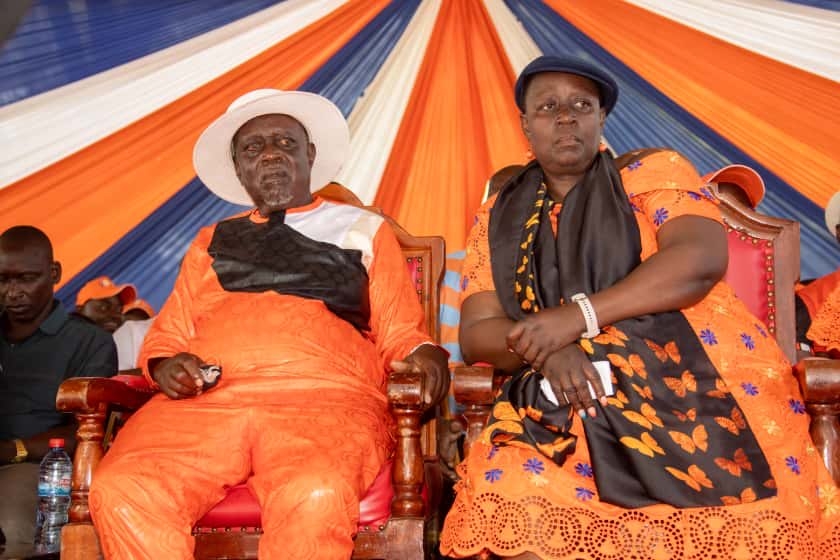
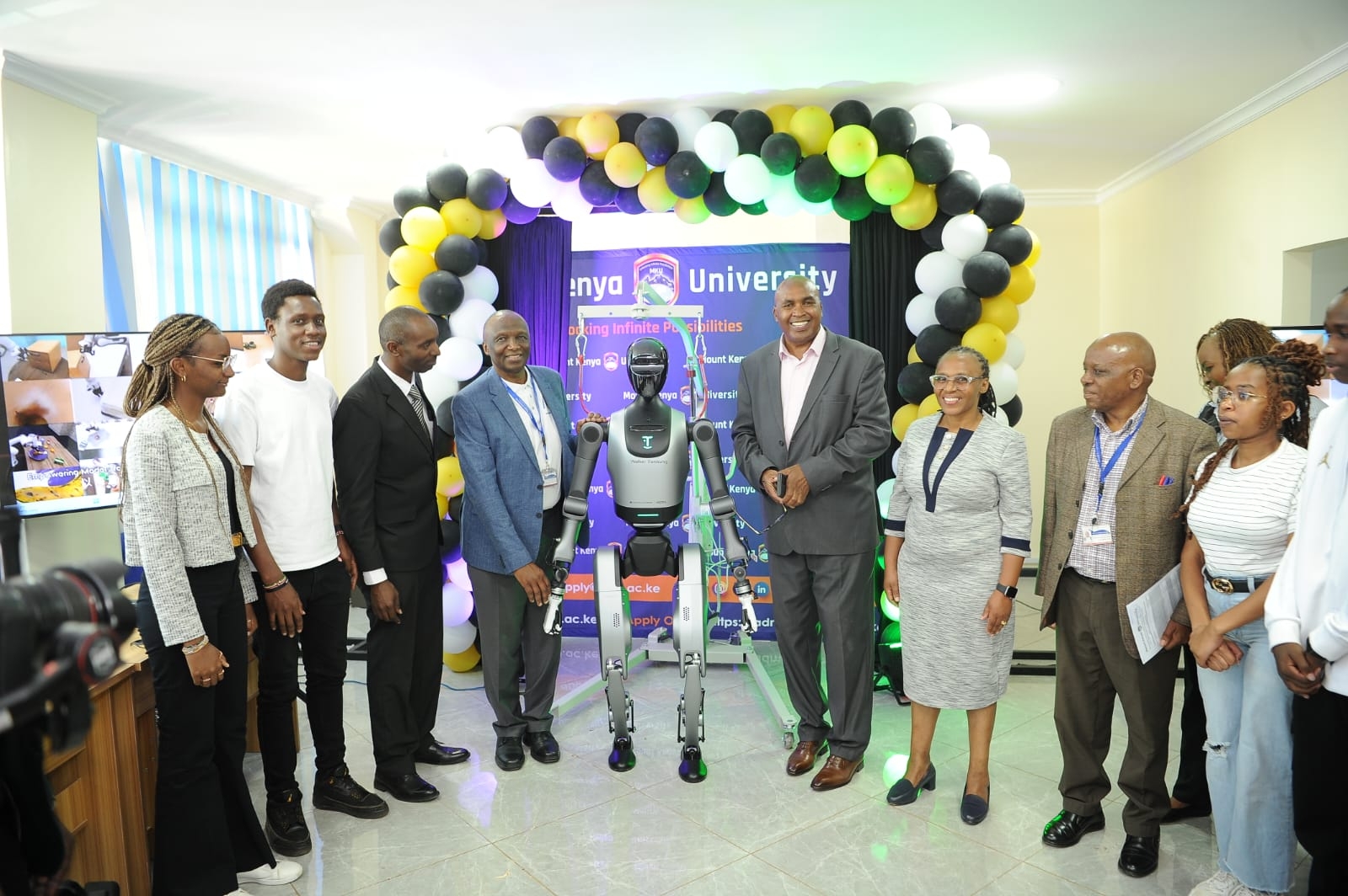

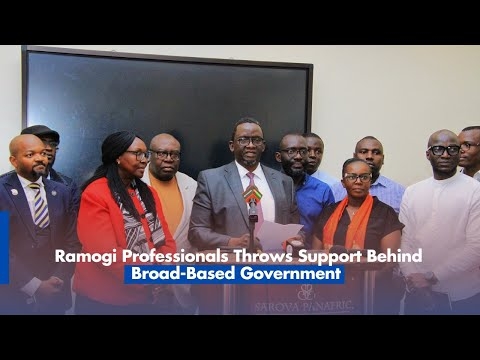
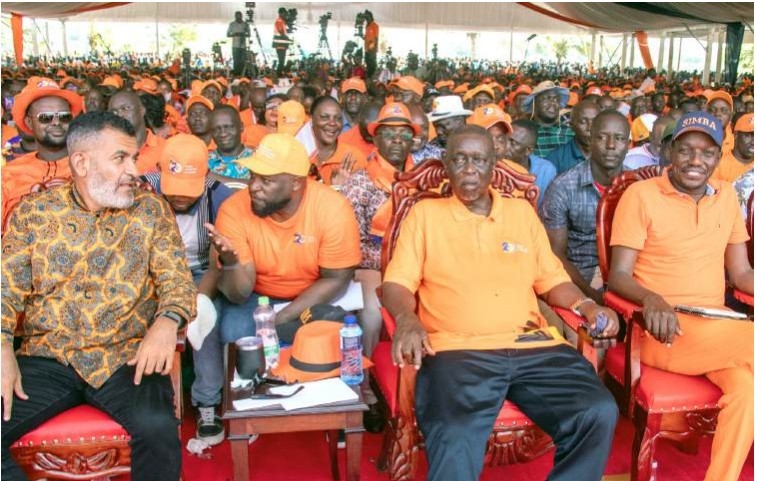
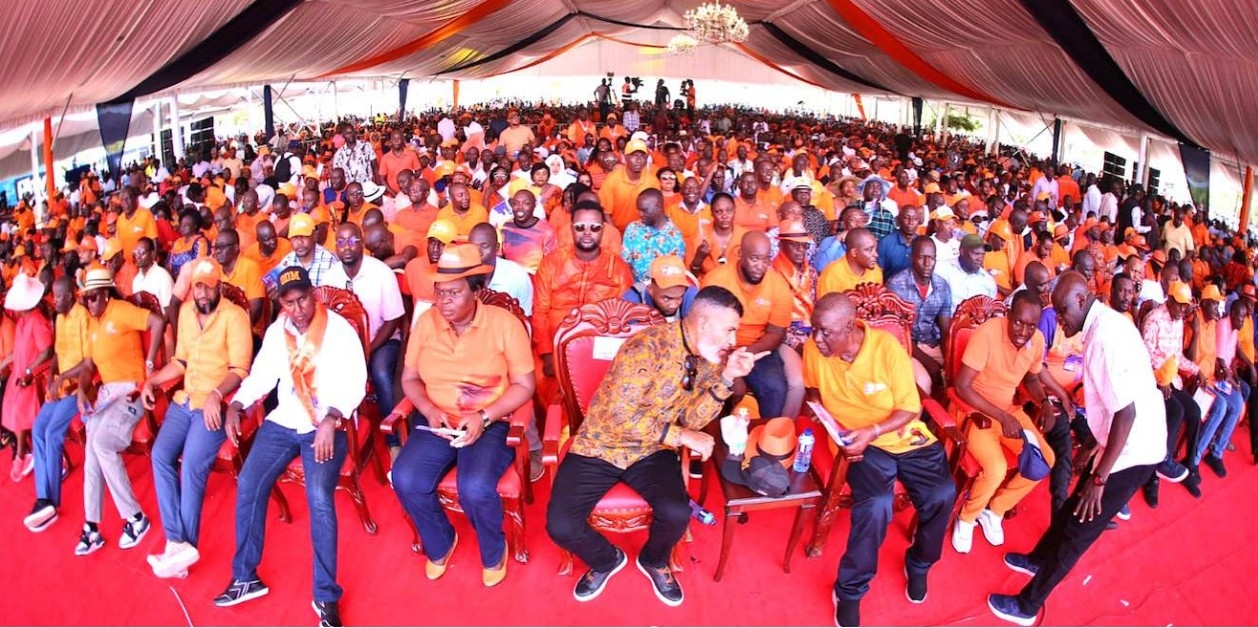
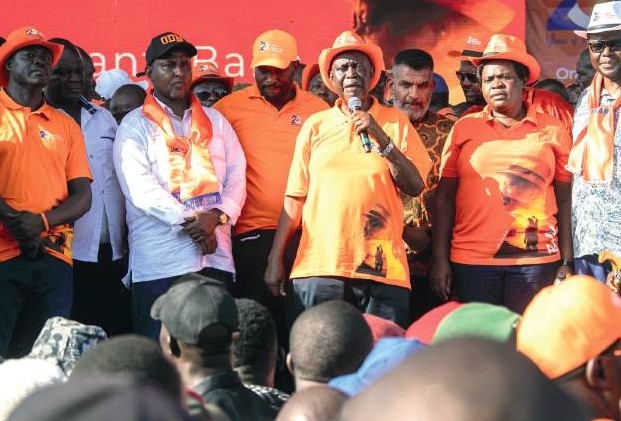
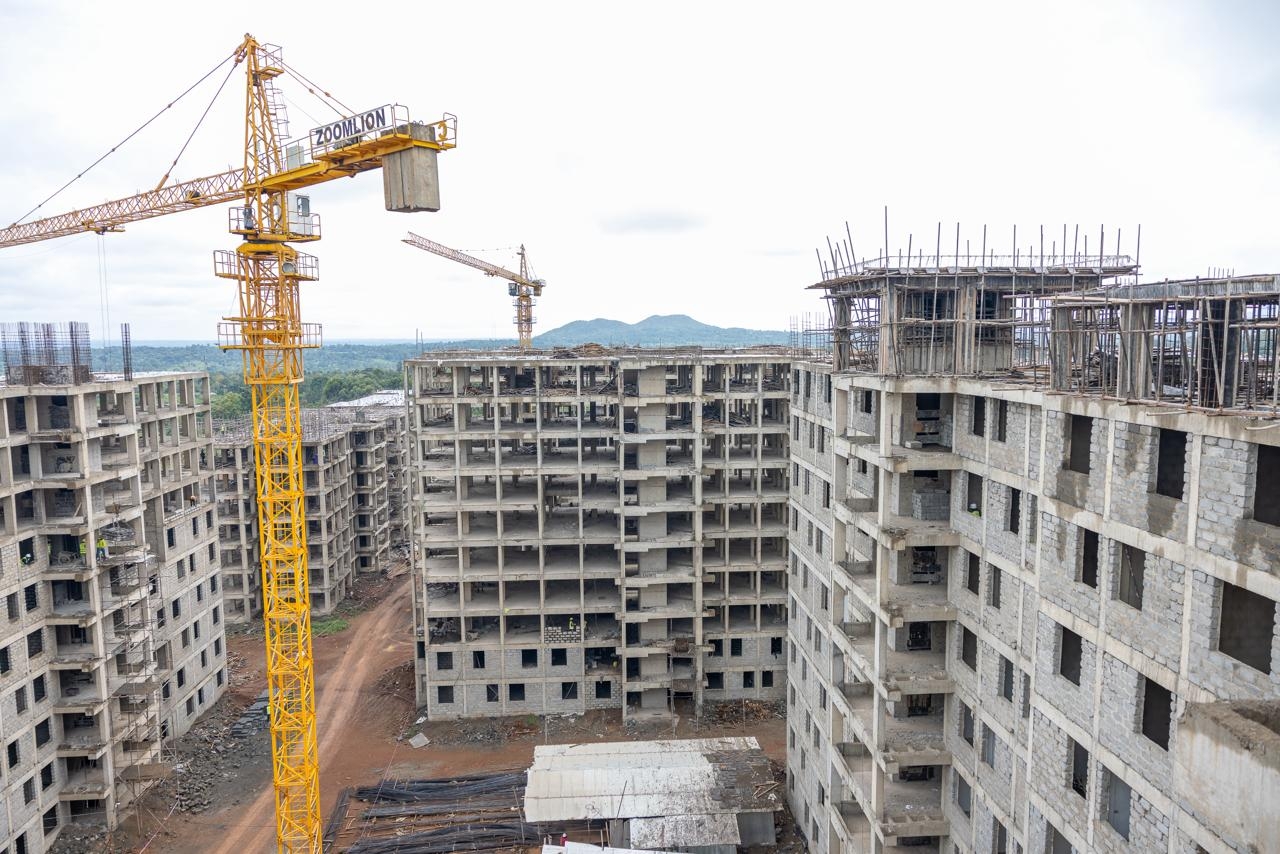
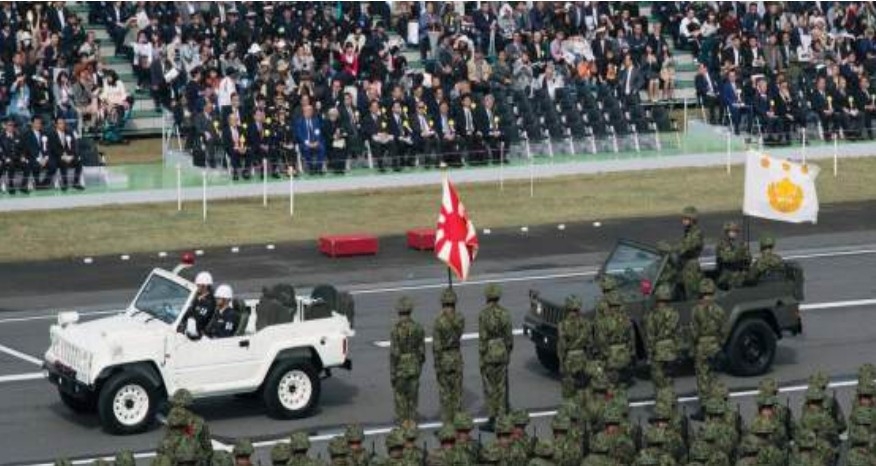
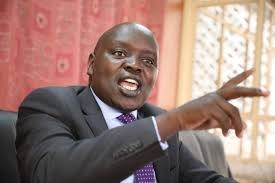
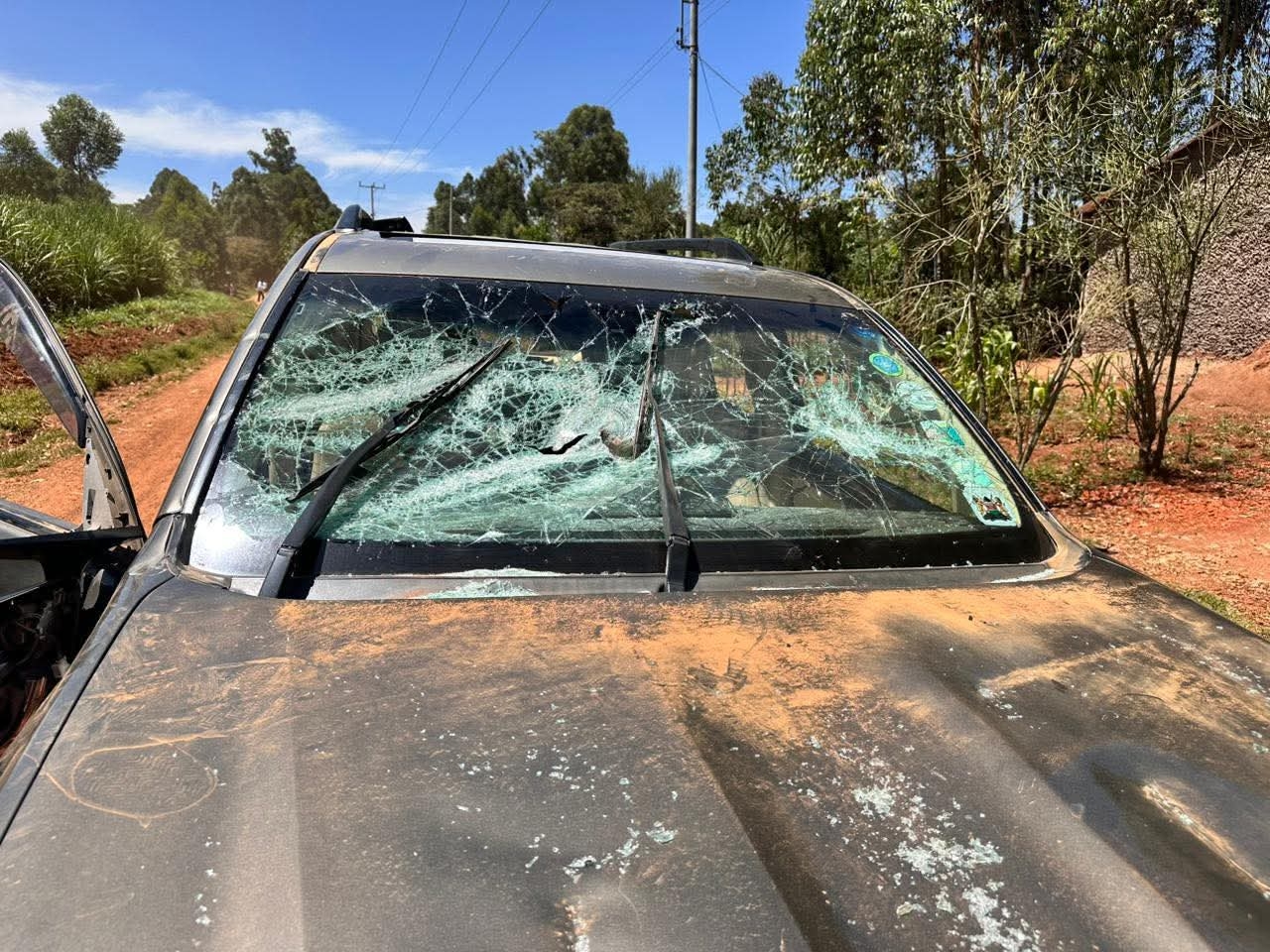
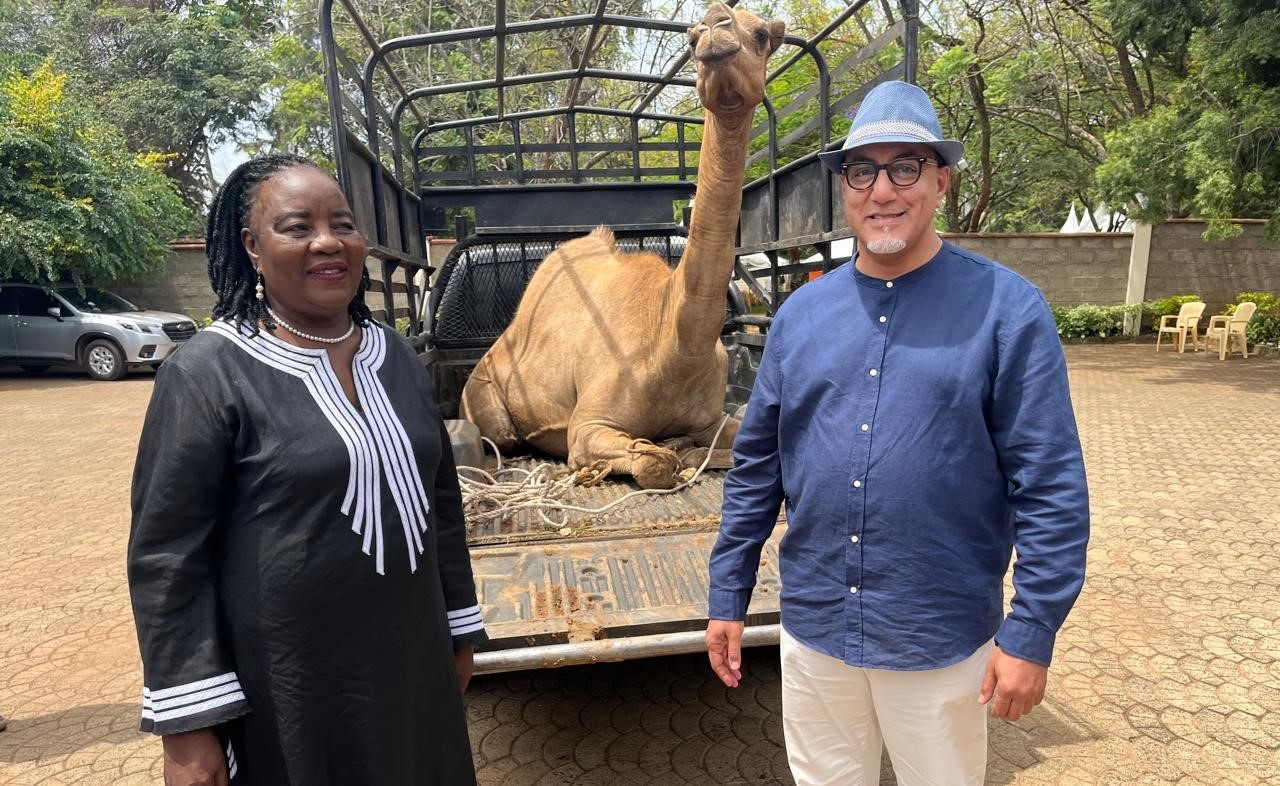
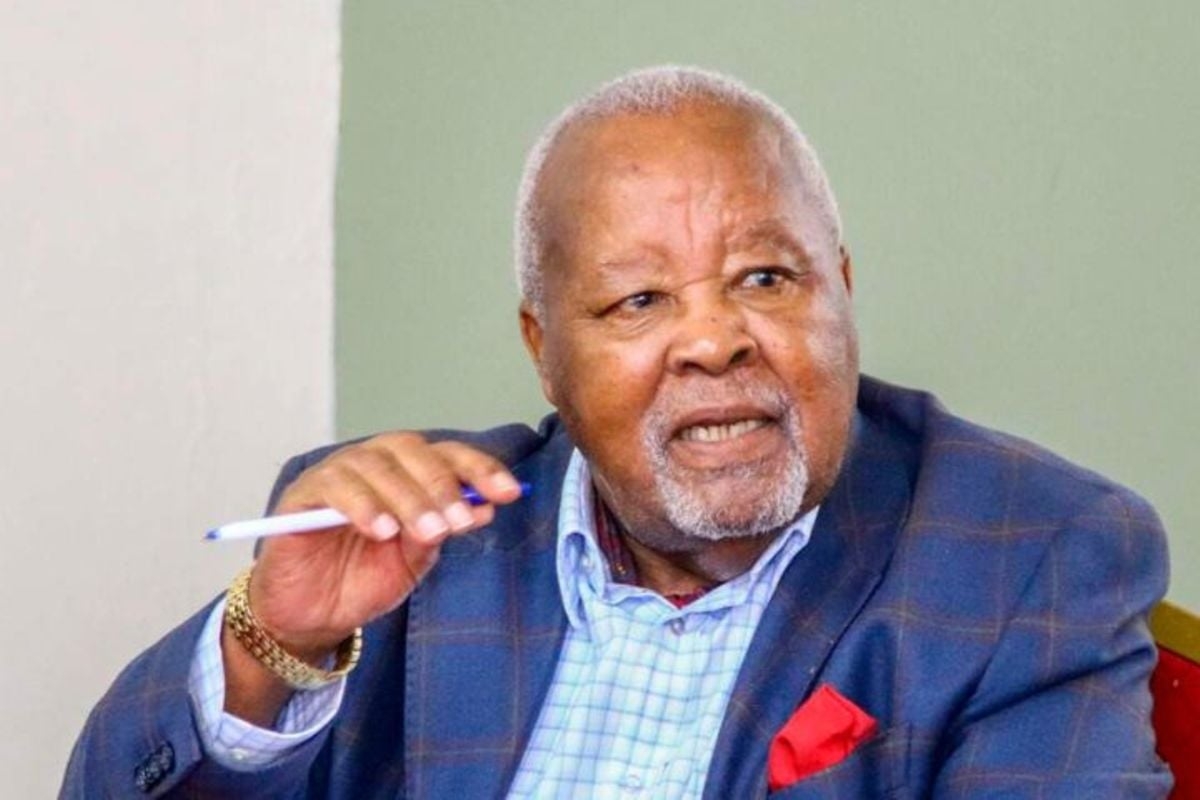
![[PHOTOS] Ole Ntutu’s son weds in stylish red-themed wedding](/_next/image?url=https%3A%2F%2Fcdn.radioafrica.digital%2Fimage%2F2025%2F11%2Ff0a5154e-67fd-4594-9d5d-6196bf96ed79.jpeg&w=3840&q=100)
